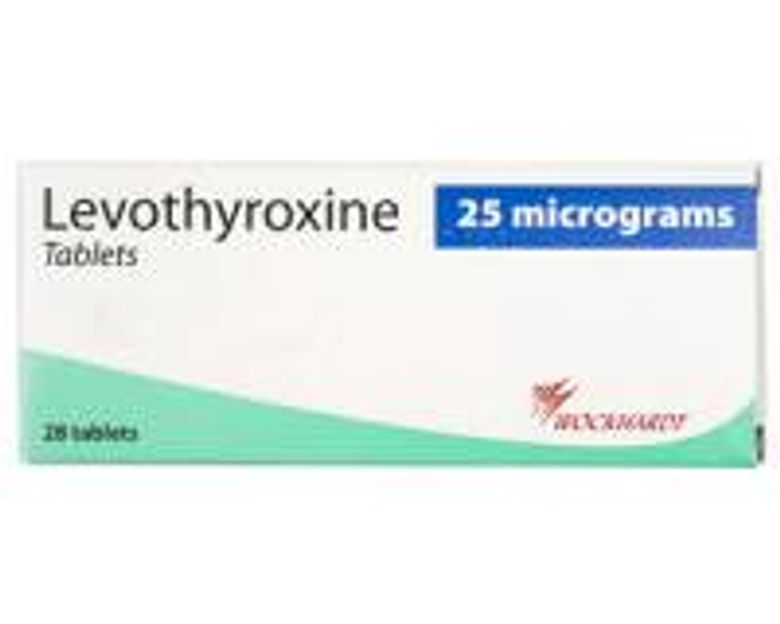The thyroid is a small gland in the neck that produces hormones essential for various bodily functions. Common issues with the thyroid include overactivity (hyperthyroidism) and underactivity (hypothyroidism), which can lead to symptoms such as fatigue, weight changes, and other health concerns.
The thyroid is a butterfly-shaped gland located near the windpipe in the neck. It plays a crucial role in metabolism and growth by producing thyroid hormones. Iodine, an important part of our diet found in iodised salt, bread, fish, and eggs, is necessary for the thyroid to function properly. This mineral is absorbed into the bloodstream and transported to the thyroid, where it is used to produce hormones.
Thyroid hormones regulate the body's metabolism, which involves converting food into the energy needed for cells to function. This makes the thyroid a vital organ for overall health.
Underactive (hypothyroidism) and overactive (hyperthyroidism) thyroid conditions are relatively common. Hypothyroidism is more prevalent in women, especially as they age, while hyperthyroidism also affects many people.

